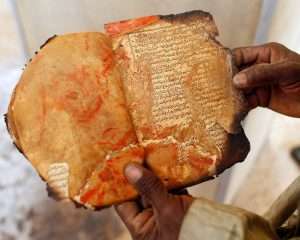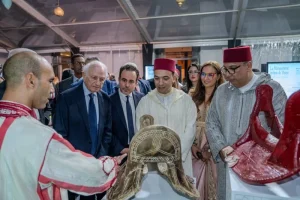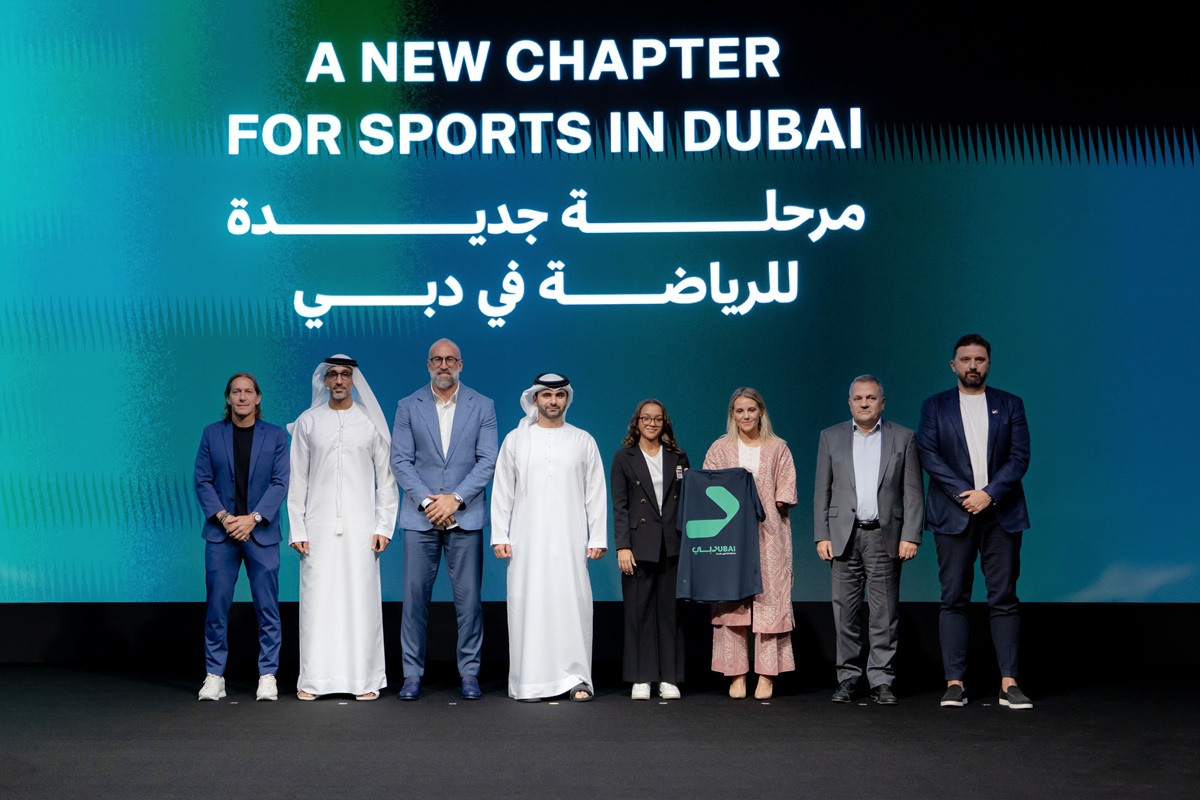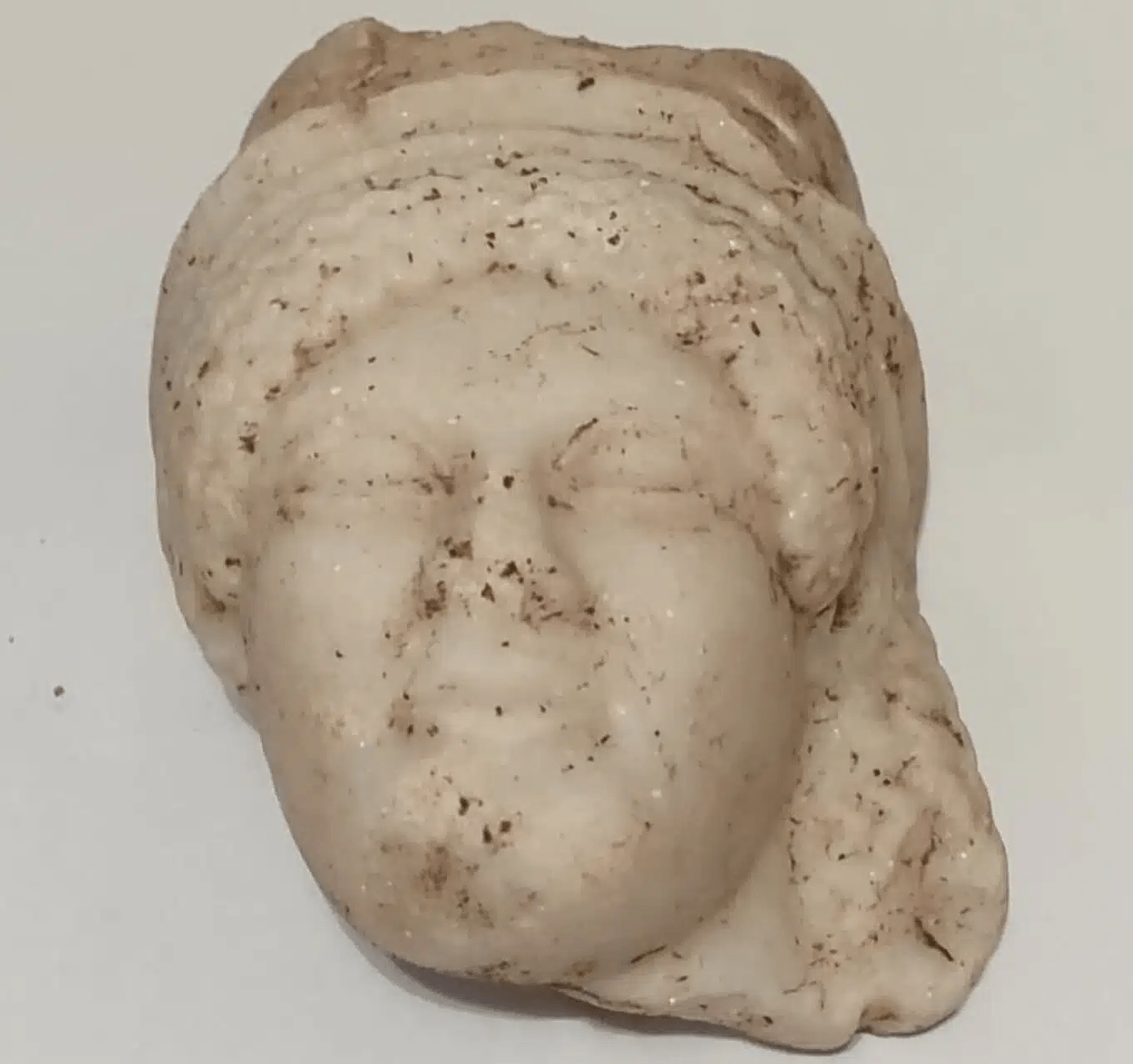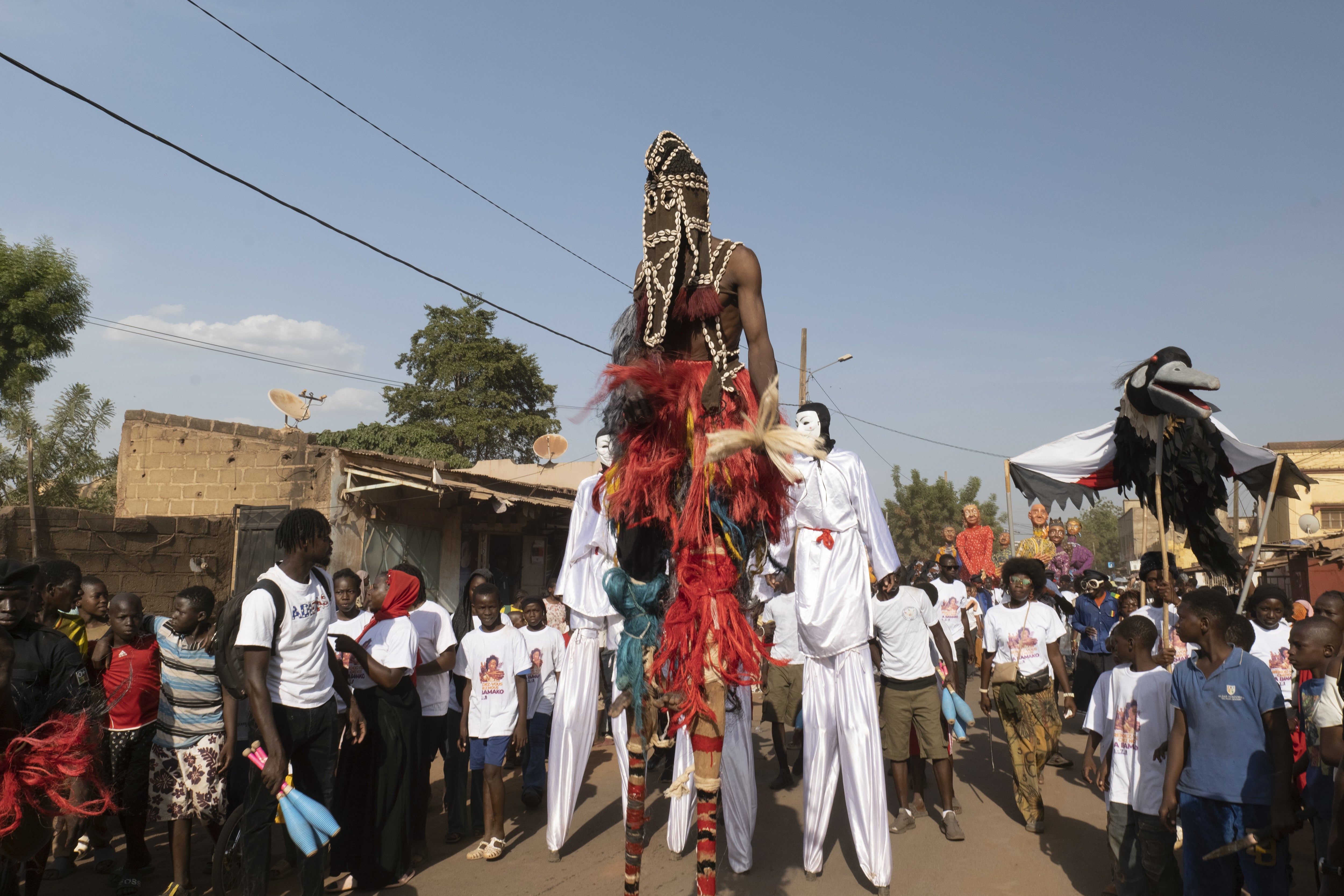Lagos Fashion Week marks 15 years of African creative boom

On 29 October 2025, in Lagos, Nigeria, the annual Lagos Fashion Week (LFW) opened its milestone 15th edition, again placing West Africa’s largest fashion event at the centre of the continent’s burgeoning creative economy. The show runs through 2 November, featuring runway presentations, industry talks, and immersive experiences.
The event returns to highlight indigenous African fashion and the diaspora, with designers drawn from across the continent. Their work emphasises craftsmanship, culture and colour, offering both a commercial platform and a cultural showcase as reported by Africa News via AP on 3rd November.
One of the festival’s participants, media personality and actress Hauwa Magaji, reflected on the milestone: “I think it’s just very iconic and very amazing that 15 years later we are still doing this, and it only gets bigger and better next year.” Her comment underscores the sense of continuity and growth that defines this edition.
Content creator Tenicka Boyd offered a striking observation of the models on display: “The breadth and depth of diversity is so incredible. Like the bodies, the ages, the hair, the height, the skin tone, it’s just some of the best I’ve ever seen in the entire world.” This testament to inclusive casting and representation speaks to the broader ambitions of the event.
Founded in 2011 by Omoyemi Akerele and her organisation Style House Files, Lagos Fashion Week has steadily grown from a local showcase into a platform with global resonance, helping launch designers who now feature internationally.
This year’s theme, “In Full Bloom”, serves as both metaphor and mission: a recognition of how far the event and the wider African fashion sector have come, as well as a declaration of intent for what lies ahead.
A key focus this year is sustainability and circular fashion. The LFW’s flagship programme Green Access has opened applications for its 2025 cohort, challenging designers to re-use pre- and post-consumer textile waste and to work with indigenous crafts in new, innovative ways.
Furthermore, the partnership of the Africa Finance Corporation (AFC) with the 2025 edition underscores the economic dimension of this creative growth: the continent’s fashion and textiles value-chain is increasingly being framed as a driver of manufacturing, value‐addition and job creation. AFC emphasises empowering young creatives, local production and sustainable industry infrastructure.
Within the week’s schedule, days have been themed around different facets: heritage-inspired elegance, street culture, and craft experimentation. Labels such as Fruché with their bold silhouettes, and urban-driven groups like Street Souk, reflect the duality of high fashion and youth-street influence that characterises LFW’s appeal.
But beyond the glitzy runways, LFW also acts as a marketplace and incubator for African brands seeking to scale — locally and globally. By fostering dialogue, mentorship and infrastructure, it is helping to convert creative ideas into viable fashion businesses. The 15th edition is positioned as a moment of consolidation: celebrating legacy, while pushing the agenda for craft, sustainability, and inclusivity.
In sum, the 2025 Lagos Fashion Week edition stands as a powerful marker of how African fashion has matured: culturally rich, globally engaged, socially conscious and commercially ambitious. The event not only showcases garments and accessories but tells a broader story of identity, enterprise and transformation across the continent.
Africa News Via AP
Want to chase the pulse of North Africa?
Subscribe to receive our FREE weekly PDF magazine




